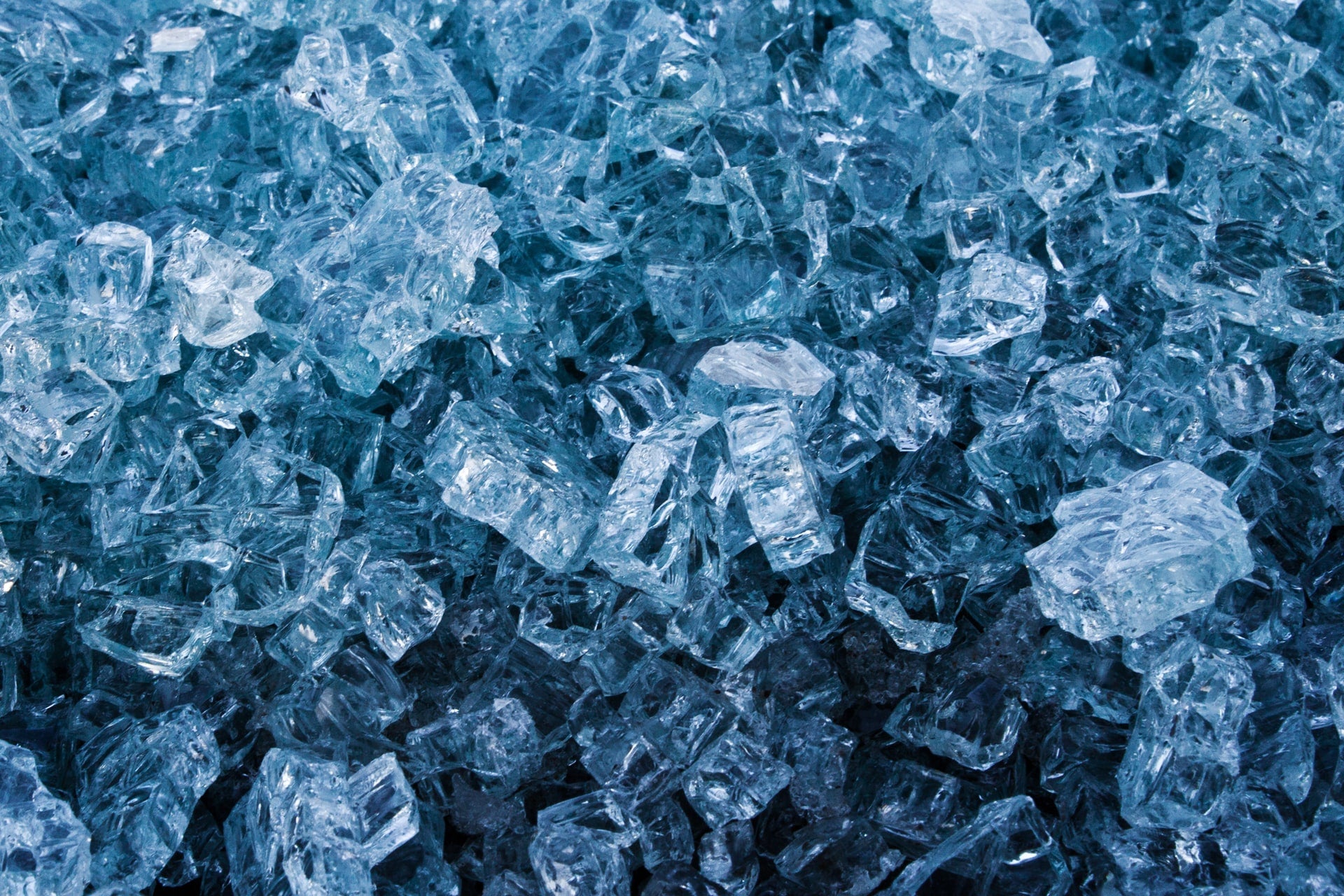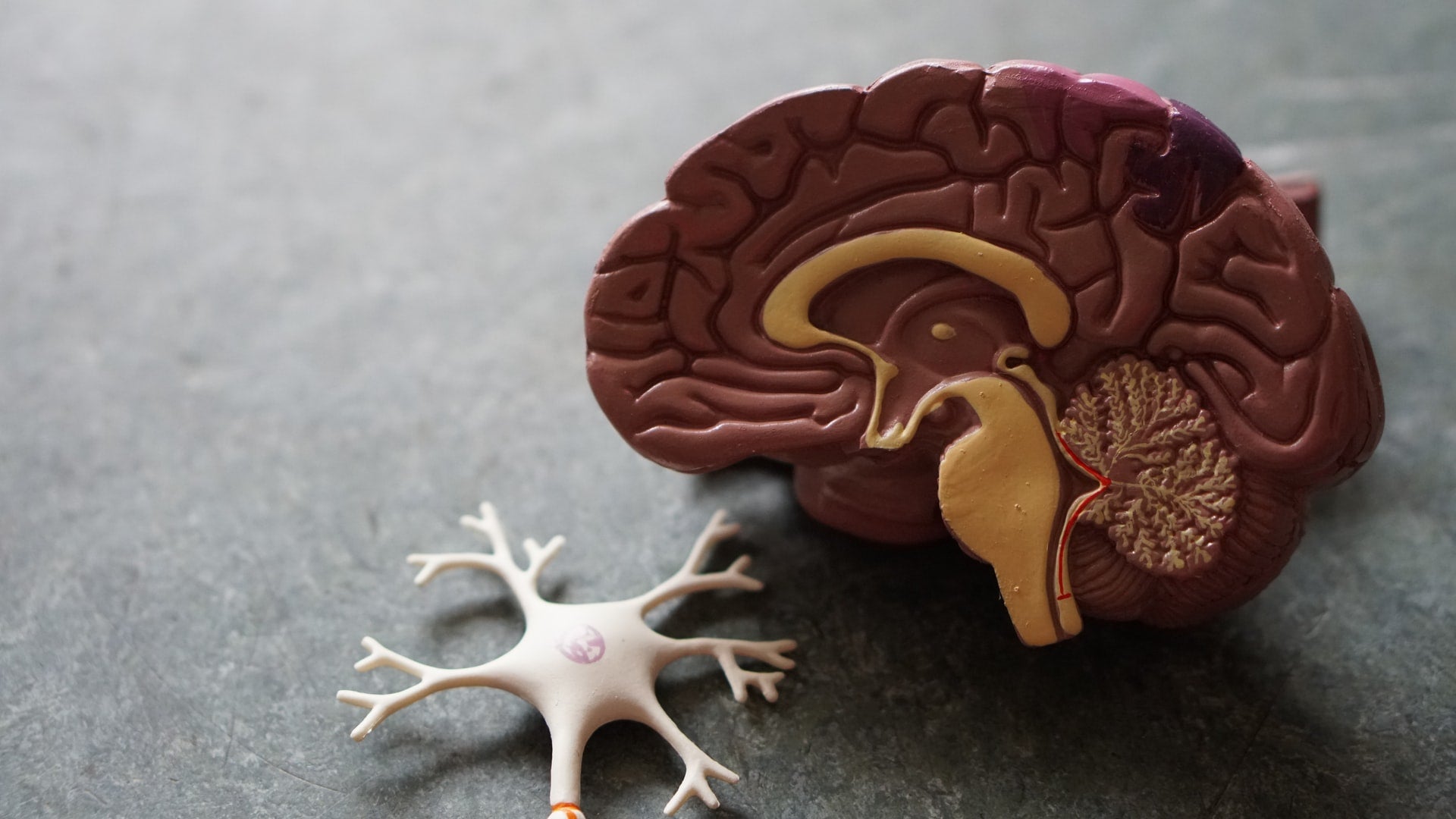Confronting the Cold: Benefits of Cold Exposure Therapy

Winter sends most of the population indoors. As the temperature drops, we naturally seek the comfort of a heated home. We bundle up in thick jackets. We crowd around fireplaces and take hot showers.

Hiding from the cold is not the only option. Confronting it yields some surprising benefits. Not only can you build a tolerance to cold weather and water, you can actually boost your overall health: a supercharged immune system and reduced stress can be expected from deliberate cold exposure.
This kind of therapy takes many forms. Cold plunges, ice baths, frigid showers, and cryotherapy are just a few options.
How to Start
Beginning this wellness endeavor is not always easy. Submerging in cold water (typically around 50 degrees fahrenheit for an ice bath) elicits a ‘cold shock response’: heart rate spikes and breathing intensifies to a frenzy. Overcoming the response is simple. You just have to relax. Reassure yourself that you’ll be ok (you will) and take long, deep, controlled breaths. Within a few seconds, your heart rate will drop and you’ll be on the other side of shock. This is where the benefits of cold therapy really start to shine.
Start slow at first. Thirty seconds to a minute in a cold plunge is a good range. As you do it more and more, it will become easier. Like any sort of training, it takes practice, but your body will adapt.
So what exactly does the cold do for us? How does it help?
Muscle Soreness
After strenuous exercise, many experienced delayed onset muscle soreness. It’s that next-day aching in your muscles and joints that can make further exercise uncomfortable. Athletes have long touted the benefits of ice, and there’s a reason your favorite olympian ends their workout with a cold plunge: research shows that cryotherapy can reduce muscle cramps and tension by triggering a positive immune response. As a result, discomfort can be alleviated.
Immunity
By reducing blood flow, cold exposure can reduce inflammation and supercharge your immune system.
Brain Function
Perhaps the most fascinating benefit can be seen in the cold's effect on the brain rather than the body. A cold shower reduces your heart rate not just for the duration of the shower but for many hours after. A lower heart rate means lower background stress for extended periods of time.
The cold forces the body to release a hormone called norepinephrine. It regulates focus, attention, and mood– low levels of it can lead to depression and ADHD. Anecdotal evidence has pointed to cold showers as an alleviation of symptoms of depression.





Comments